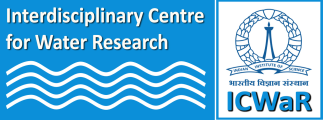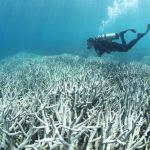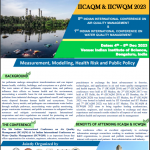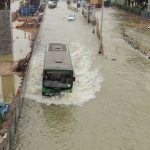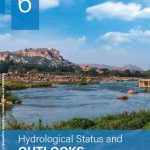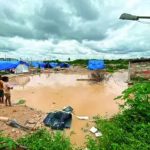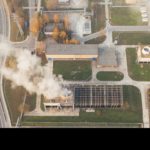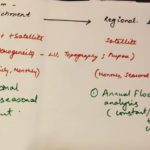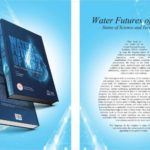Long-term Data and Bayesian Inference Elucidate Controls on Surface Water Quality
Name of the Speaker: Prof. Dan Obenour
Title of the Seminar: Long-term Data and Bayesian Inference Elucidate Controls on Surface Water Quality
Date and Time: 27 July 2021 (Tuesday), 4:30pm
Online Platform: MS Teams [link to the video of the seminar]
About the Speaker: Dan Obenour is an Associate Professor in the Department of Civil, Construction, and Environmental Engineering at North Carolina State University. He is also a Faculty Fellow at the University’s Center for Geospatial Analytics. He received his PhD from the University of Michigan in 2013, and he completed a postdoc based at the NOAA Great Lakes Environmental Research Laboratory in 2014. He also has several years of experience in environmental and water resources consulting.
Dan’s research focuses on the development and application of probabilistic models for predicting water-quality outcomes in aquatic systems under varying management and climate scenarios. His models have been used in annual forecasts of harmful algal blooms and hypoxia in Lake Erie, the northern Gulf of Mexico, and the Neuse River Estuary. His research also encompasses data-driven pollutant fate and transport modeling in regional watersheds. He serves on multiple advisory boards, including the Albemarle Pamlico National Estuary Partnership (APNEP) Science and Technical Advisory Committee.
Abstract: The water quality of freshwater and coastal systems is constantly changing due to varying anthropological and climatological inputs. However, our ability to manage and predict water quality is often limited by sparse monitoring data and an incomplete understanding of the relevant biogeochemical processes. This presentation will highlight recent research synthesizing long-term datasets, process-based models, and statistical (i.e., Bayesian) inference to enhance our understanding of water-quality dynamics. These data-driven models systematically update prior knowledge of key biophysical rates while providing rigorous uncertainty quantification. Case studies include algal blooms in Lake Erie, hypoxia in the northern Gulf of Mexico, and nutrient dynamics in southeastern U.S. watersheds and reservoirs. Model applications for seasonal and scenario-based water-quality forecasting will also be shown. In particular, the sensitivity of water-quality outcomes to changes in watershed development, nutrient loading, and climate is explored. Finally, challenges and research opportunities for advancing these data-driven, water-quality modeling approaches are highlighted.
Date/Time
Date(s) - 27/07/2021
4:30 pm - 5:30 pm
